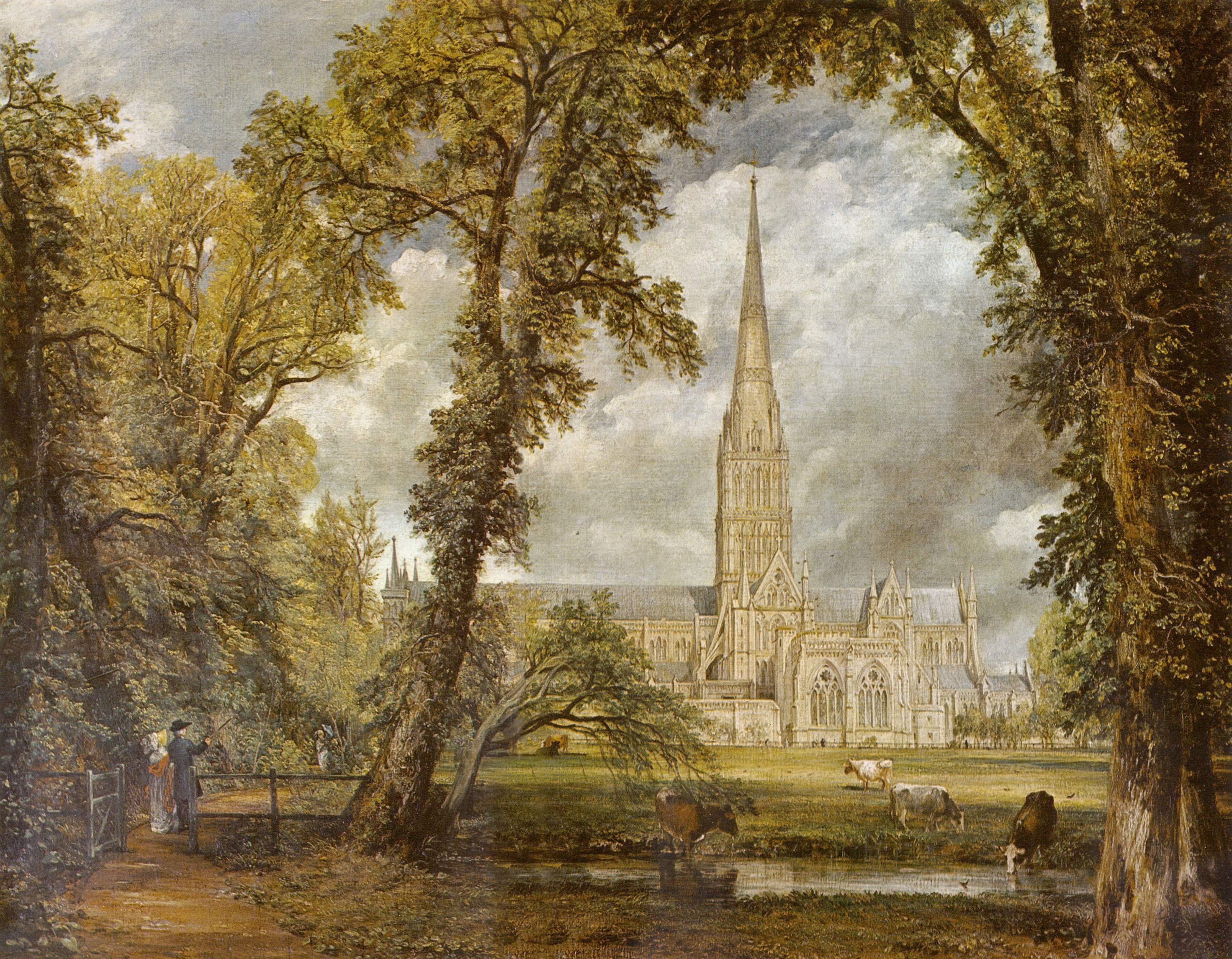
In How Long Do We Have Left, the introduction to this series, we looked at certain tell tale signs of a culture in a predictable stage of disequilibrium; namely, in mimetic theory terminology, a "crisis of distinctions." Rather than examine the taxonomy of the western culture's demise here and now, I proposed to look at faithful responses to this cultural meltdown, as it were, using T. S. Eliot's five-fold schema from his poem, The Four Quartets: prayer, observance, discipline, thought and action.
Let me begin by stating the obvious: no where in the Bible is there this "verse" - God helps those who help themselves. Isn't there. You won't find it. You never will. In point of fact, that little proverb of human device runs counter to the very premise of prayer: our human need for help from outside our world of melodrama, ineptitude, error, selfishness, and pride. Prayer, in short, presupposes a Helper from whom we can and may request - and occasionally, beg - for assistance because we cannot get out of our mess on our own without "help" that knows us better than we know ourselves. Even shorter: we can't help ourselves because we don't even understand ourselves.
A similar but not quite as wrong proverb is one that I, personally, like much more: Work like there is no praying, and pray like there is no working. This rings true to a truth stated by Saint Paul the Apostle, "...work out your salvation with fear and trembling. For God is the one who, for his good purpose, works in you both to desire and to work" (Ph 2,12-13). It more than a little implies that we do not depend on what Dietrich Bonhoeffer called "cheap grace" (waiting around for God to do everything for us), but rather we actively participate, or better, cooperate, with grace in obedience to what has been revealed to us in the Church's Tradition and Scripture. But that is too specific just yet.
Prayer is generic, formless, so far. Prayer must simply of its nature for humans connote humility not hubris - it is a self recognition of neediness, a request for help, and a willingness to cooperate with such help as a man would cooperate by clinging to a rope thrown to him. Prayer may look to other humans, but after a certain amount of life experience, learns not to look for such mere mortals for the kind of help we need. "Put no trust in princes, in mere mortals powerless to save. When they breathe their last, they return to the earth; that day all their planning comes to nothing" (Ps 146,3-4). Good advice during a presidential campaign season.
Prayer rejects Feuerbach's notion that we merely "project" a God-image on an uncaring, random universe. Prayer presumes not only a Creator who Is, but One Who listens and cares for his creation and creatures; particularly for one made imago dei, in God's own image, as presumptuous as that sounds. We are not slaves to a judgmental deity (as the Scimitar gloomily preaches) but children whose Heavenly Father behaves in a shockingly uncoming manner, running to meet his wayward, penitent children (Lk 15,11-32).
Finally, prayer in the Judeo-Christian faith traditions says that this divine Helper keeps his Promises, even when we humans are faithless.
Next, we will look at a more specific venue of response to our growing cultural malaise: observance. In this, we will move from a generic set of premises to a very specifically Catholic set of practices. This is not out of a lock-step superstitious mentality, but because, to paraphrase Gilbert Chesterton, the Church's teachings are complex, like a key, because life is complex and calls for a complex solution. (Why on earth do intelligent adults who learn Law, Medicine, Accounting, and vast array of bodies of knowledge think something as wildly huge and miraculous as Salvation and Eternal Life must somehow be as simplistic as a 3rd-grader's "Four Spiritual Laws?" That makes no sense to me.)
Prayer addresses real human needs. Prayer asks for help from a God Who Is there. And He is not silent.



























